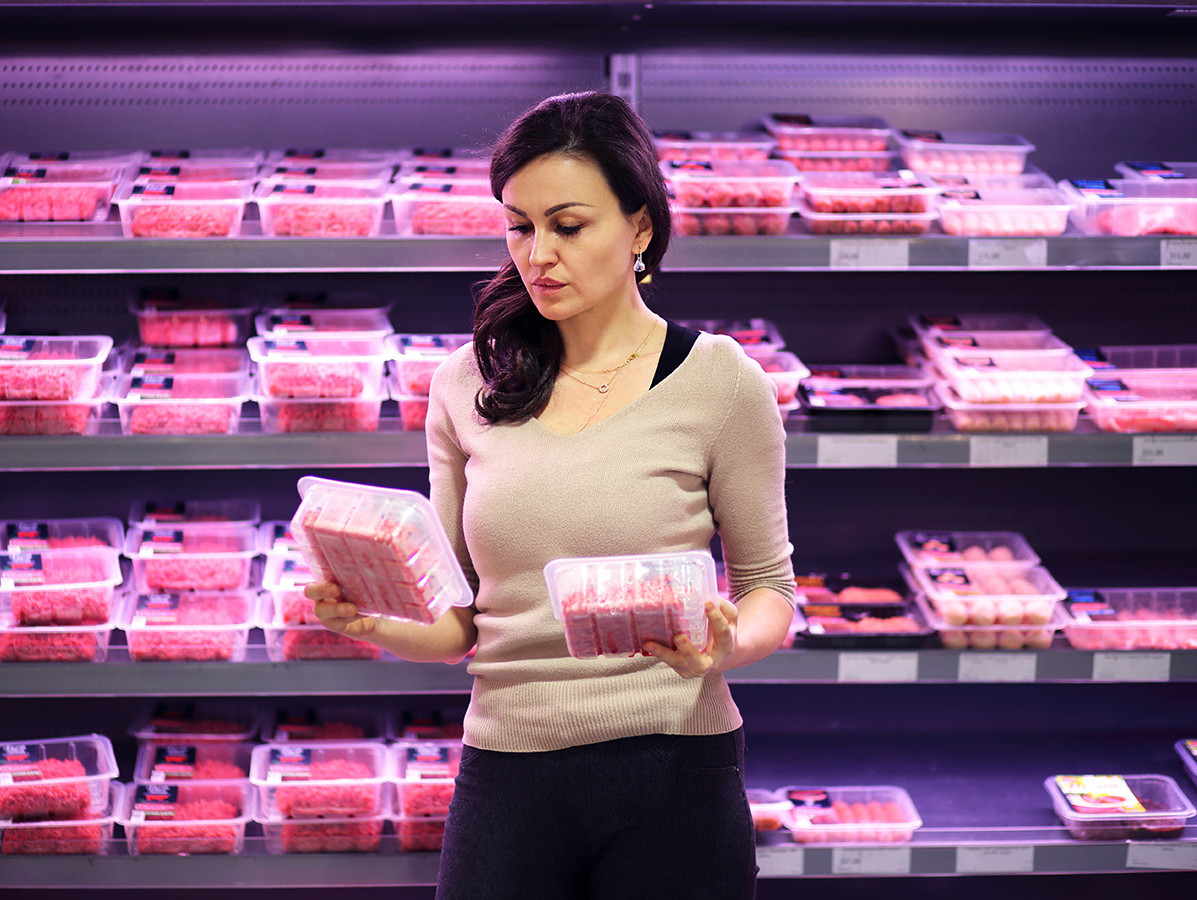
The cabinet wants at least a 55% reduction in greenhouse gases by 2030. The report 'Sharp goals, sharp choices' describes how the cabinet wants to tackle this, among other things a possible meat and dairy tax is mentioned again.
In the area of food and the food industry, it highlights a number of issues that are currently already under way, such as a change in consumption patterns towards more vegetable proteins, more sustainable feed and less food waste. However, one notable thing is that there is also mention of a prescriptive and pricing policy to adjust food patterns, or in other words, a meat and dairy tax. According to the report, the proceeds of meat and dairy taxes could be used to help the Dutch agricultural sector become more sustainable.
Meat tax is a proposal that has been put on the table again and again for years, and swept off the table rather quickly. In April 2022, the LNV minister announced that he wanted to investigate the effect of a meat tax. Many reactions followed this, including that of the Meat Coalition, which indicated that taxing meat could actually have a counterproductive effect on public health and further sustainability of the sector. In addition, consultancy firm EY indicated that such a tax would be hardly feasible and would mainly affect lower income groups.
In May 2022, the majority of the Lower House supported a motion asking the government not to introduce a meat tax. VVD and CDA immediately announced they did not want this because at that time food prices were rising at a rapid pace, which has only gotten worse due to high inflation.
Suppose the proceeds of the meat and dairy tax do indeed go to the farmer to further increase sustainability, the tax could still have the opposite effect. In the supermarket, Dutch meat and dairy would be further outpaced by cheaper meat and dairy from abroad that is often produced with worse animal welfare and more environmental impact. In addition, both product groups are portrayed in a negative perspective, while both have particularly high nutritional values.
View the report 'Sharp goals, sharp choices' (Dutch only)
Photo: © Naty.M/Shutterstock.com
Source: Rijksoverheid